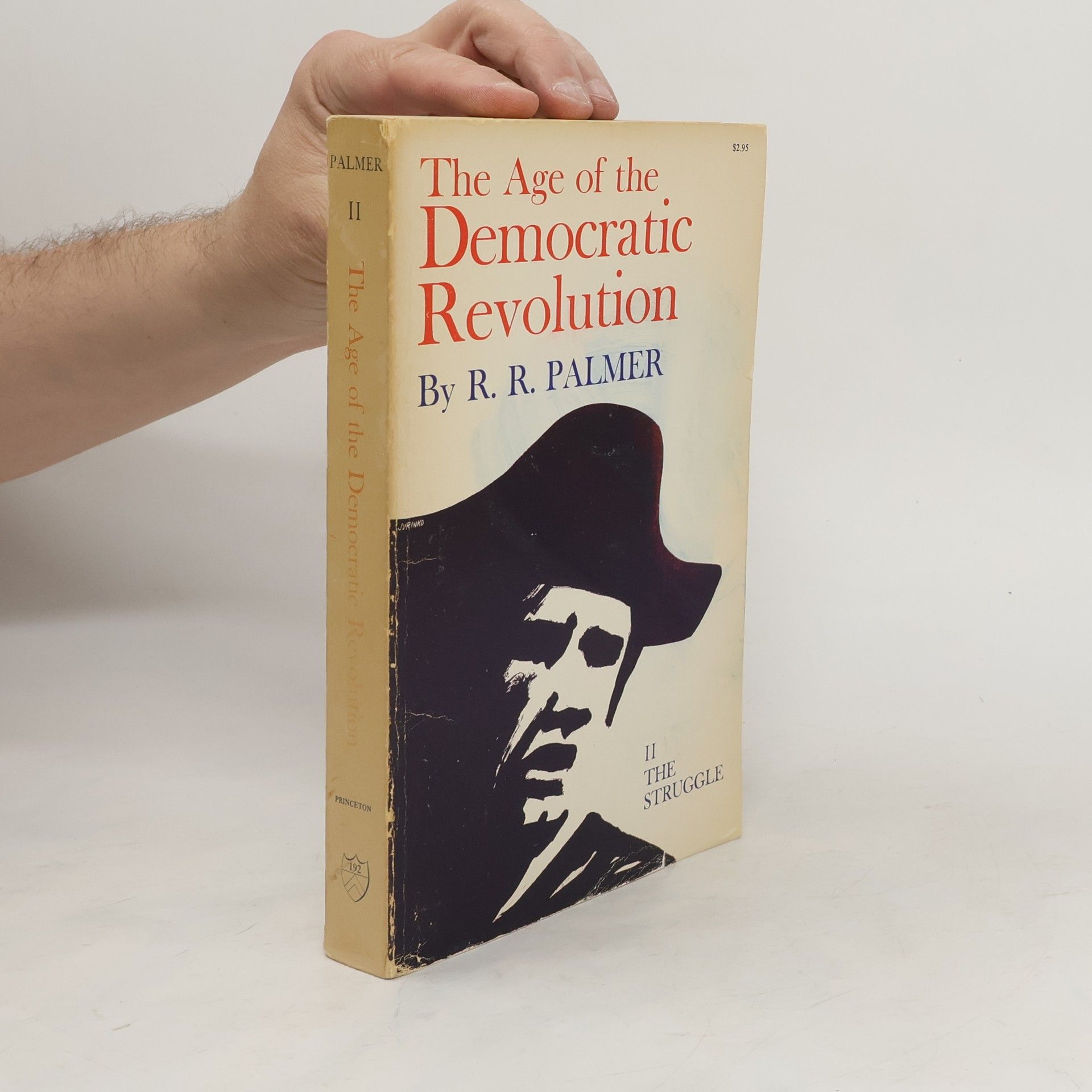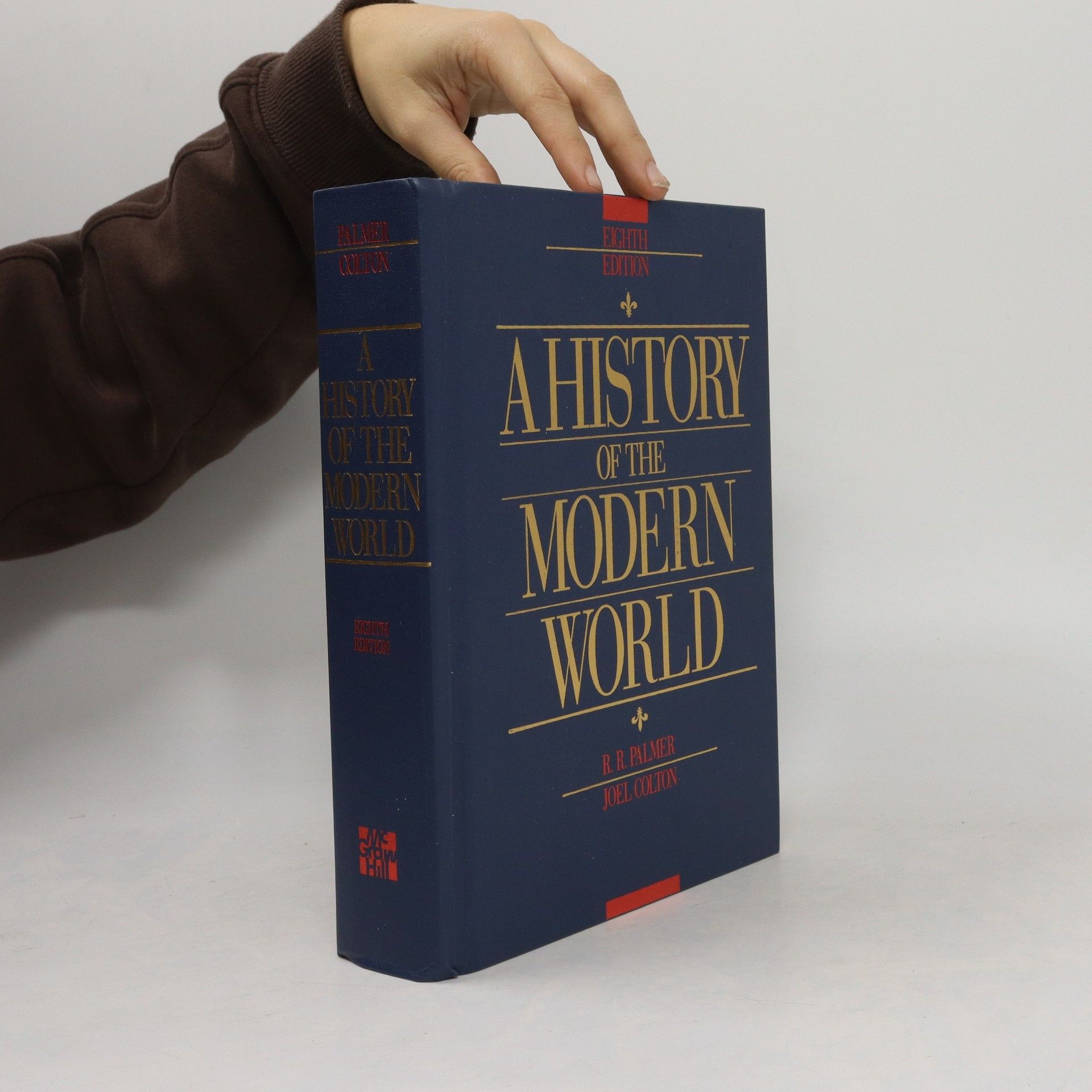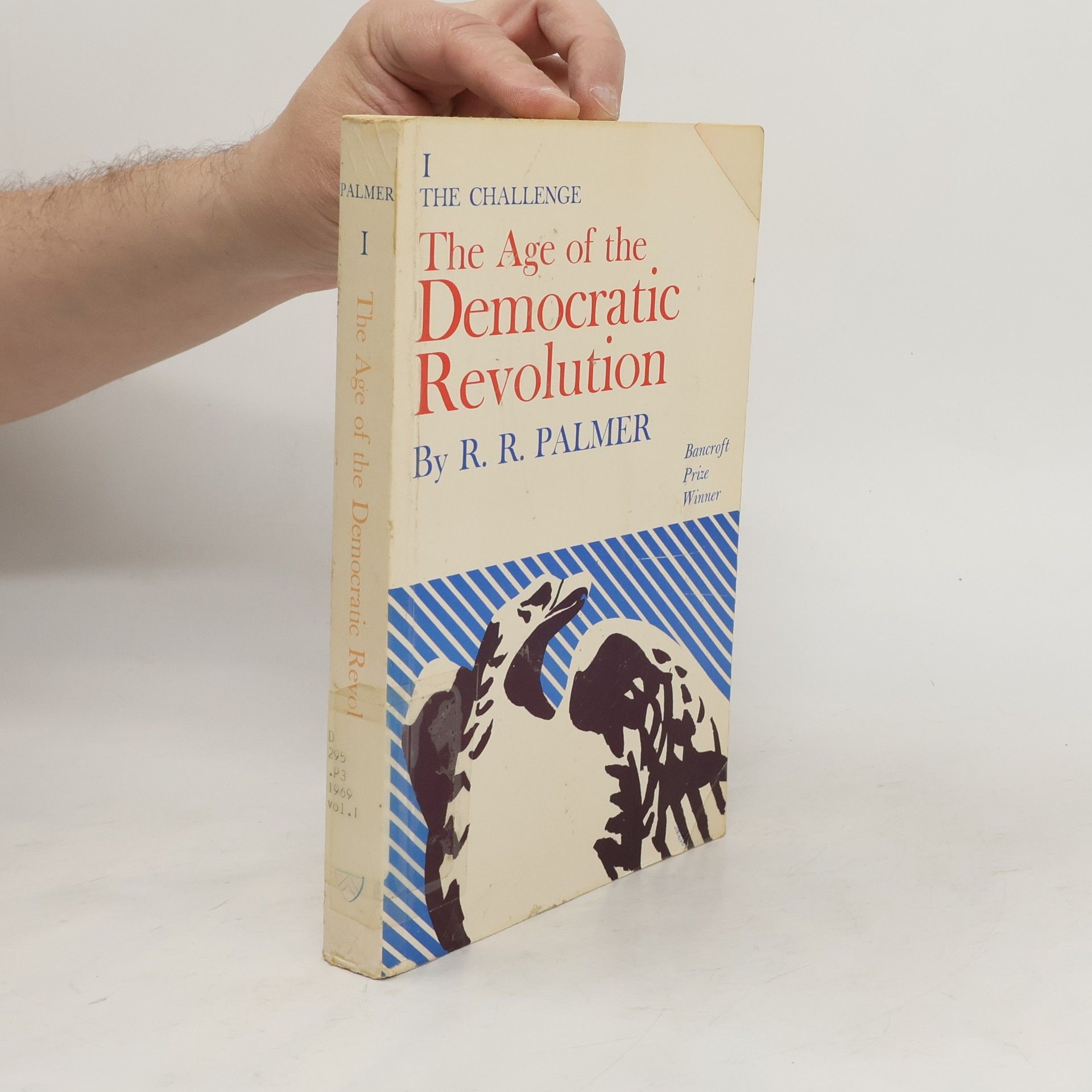The Age of the Democratic Revolution
- 880bladzijden
- 31 uur lezen
Explores how the American, French, and Polish revolutions, along with political movements in Britain, Ireland, and Holland, reflect similar political ideas, needs, and conflicts.
Robert Roswell Palmer was een Amerikaanse historicus die gespecialiseerd was in het achttiende-eeuwse Frankrijk. Zijn meest invloedrijke werk onderzocht het tijdperk van de democratische revolutie dat tussen 1760 en 1800 de Atlantische beschaving overspoelde. Palmer verkende de politieke geschiedenis van Europa en Amerika gedurende deze periode en bood diepgaande inzichten in de vorming van moderne democratieën. Zijn werk droeg aanzienlijk bij aan het begrip van dit cruciale tijdperk.





Explores how the American, French, and Polish revolutions, along with political movements in Britain, Ireland, and Holland, reflect similar political ideas, needs, and conflicts.
An excellent book on the administration of France by the great Committee of Public Safety. . . . [Palmer] has made the members of the Committee living characters and the events of the period real occurrences.--American Political Science Review
The extraordinary events of the last few years have made this eighth edition come sooner than usual after its predecessor. It is of course too early to assess the magnitude and consequences of what has happened, but we have done much new writing, rewriting, rewording, and rearrangement to present the upheavals in Eastern Europe, the disintegration fo the former Soviet Union, the reunification of Germany, the end of the Cold War, the Islamic fundamentalist movement, changes in latin america, and much else.